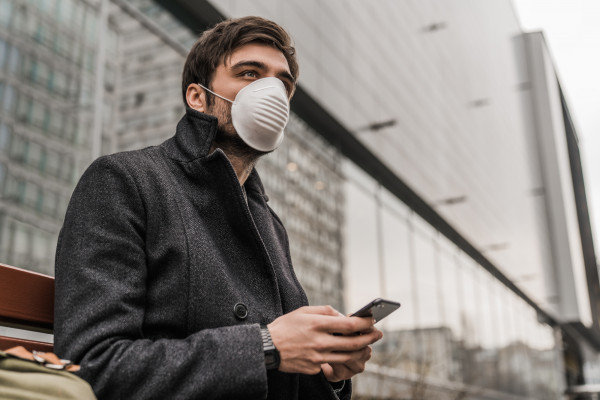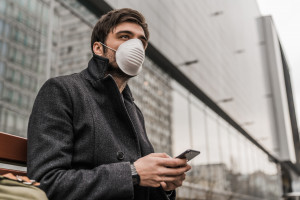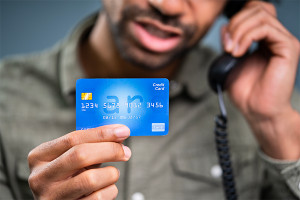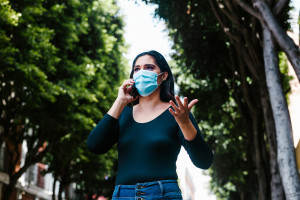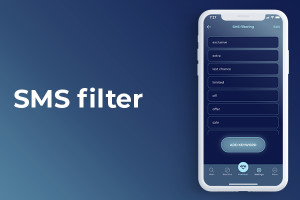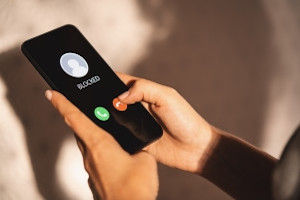Scammers do not sleep even during coronavirus
It's obvious. Pandemic is out there and you are more focusing on the family, health and getting things done. Most of the work is done remote, which means spending more time at home. As it seems to be an ideal deal it has one flaw and that's the never ending portion of spam calls.
On average, consumers received 5 billion spam calls per month in 2019. According to RoboKiller's report, spam calls have continued to decline monthly in 2020, with a drastic drop during March and April as the COVID-19 pandemic was peaking in the United States. In April, 2.77 billion spam calls reached consumers' phones, which is a 35% drop from March's 4.28 billion, and a 38% drop from February. The rapid decline shows that global quarantine orders impacted spammers' ability to place robocalls.

Several call centers were shut down
Robocalls coming from call centers in locations like India and the Philippines have seen a complete drop-off due to the quarantine rules in place there. Although it might seem that spam calls have slowed down, the opposite is the truth. There is still one place, where they can strike you and that is your home.
Now when a lot of people are still working at home, people are more susceptible to answering the phone even when they don’t recognize the number, because it might be a co-worker or colleague who is trying to get in touch with us. Scammers know that everyone is working at home and the robocalls, solicitations, and promises are non-stop.
Scammers use new tactics
The scammers are using the fear of COVID-19 to impersonate the Centers for Disease Control, the Social Security Administration, Department of Labor (regarding possible unemployment benefits), and even promising to hand deliver the check from Congress if you provide your personal information to verify your identity. This includes your Social Security number to make sure you are who you say you are.
This issue has arisen in Florida, where was a company hired by the state to contact tracing, which showed up as spam. Several people said that they had COVID-19, but no one from the state ever reached out to inquire about their close contacts. People saw the number as a potential spam, so they haven't bothered. So generally when people needed help no one answered the phone.
Government works on prevention
That is one of the reasons why government and industry players are trying to prevent and block robocalls. President Trump in January signed into law a bill that increases fines on criminal robocall violations and cracks down on companies making the calls. Carriers and third parties offer spam call detection and blocking services.

We at BlockSpamCalls put together a database which contains more than 20 million numbers from all around the world. You can simply look up phone numbers via our search engine. Just type the number of your unwanted call and then you will know who you are dealing with.
Our way how to deal with spam calls
We are aware that website is a static medium for call blocking so we have developed two call blocking applications - Numbo for iOS/ Android and Octocaller for Android. App warns you when you receive an unknown number. You can easily block it or look up what type of number was that. You can also create your own personal list of numbers, so you can identify the caller immediately.
Apps are also able to filter your incoming text messages thanks to the keywords you have chosen. The app will detect the entered keyword in your texts and filter it into a junk folder. Their aim is to save your time and nerves. Also to keep your life without distractions.
Decide what to do with unwanted callers. Do you want to block them from ever calling you? Or do you want to leave them access but be warned when their number comes up? Or do you want to deal with each number individually? It's all up to your decision.
Ready to get rid of spam? Try out Numbo for iOS /Android, or OctoCaller for Android and enjoy a spam-free life.

 02.06.2021
02.06.2021
 21.05.2021
21.05.2021





